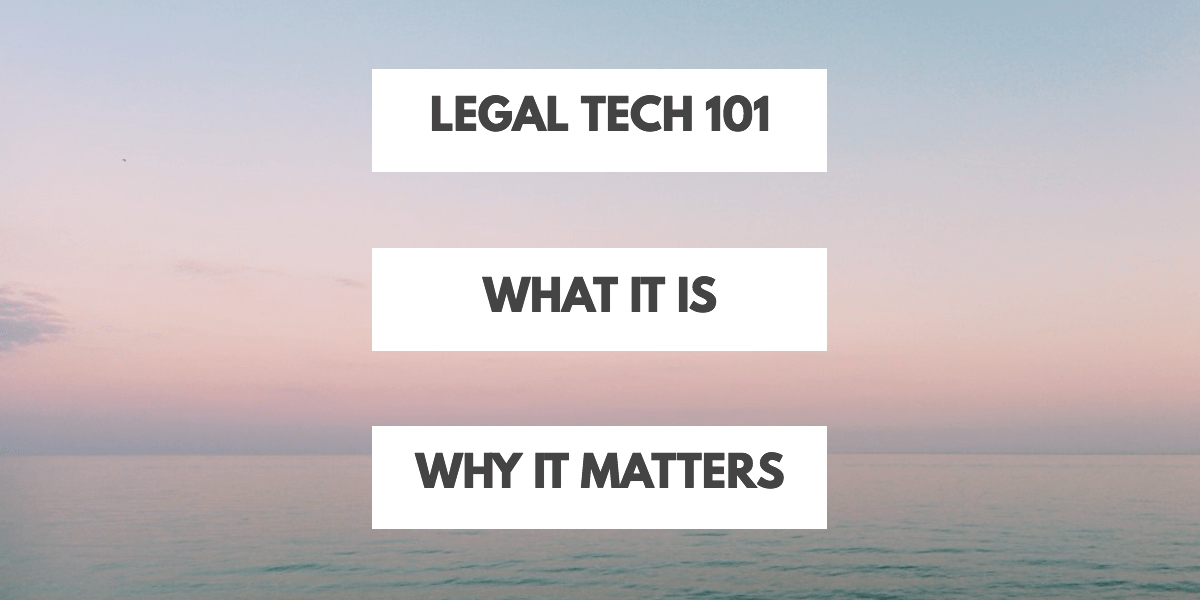Interview by Amelia Chew & Stella Chen
Alex Toh is currently pursuing a Masters in Law, Science and Technology at Stanford Law School. After graduating from the National University of Singapore (NUS) Faculty of Law in 2007, Alex started his legal career with the Litigation & Dispute Resolution department of Drew & Napier, and worked as legal counsel for Asia Pacific at American semi-conductor company Xilinx. Alex was a committee member of the Singapore Corporate Counsel Association (SCCA), and founded their young lawyers committee – Peers.
In this interview, Alex shares about his own experience searching for what he wants to do, how he ended up at the intersection of law and technology, and how law students should approach their future careers.



